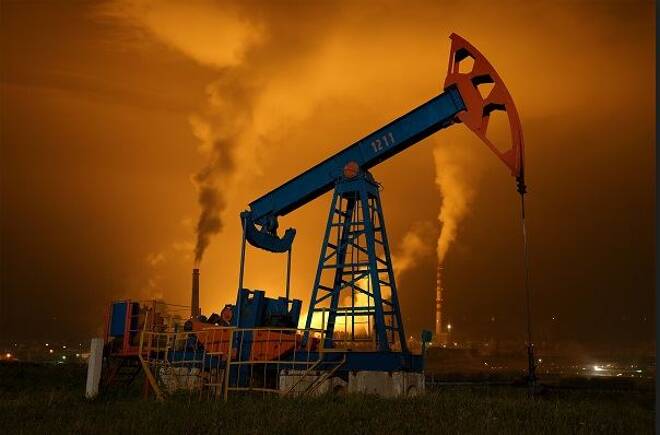Advertisement
Advertisement
Oil Tumbles Following U.S. Announcement on Paris Accord
By:
The DAX surged 1.5% and the FTSE 100 hit a new record high but stopped just short of the 7600 mark before falling back again. An unexpected improvement in
The DAX surged 1.5% and the FTSE 100 hit a new record high but stopped just short of the 7600 mark before falling back again. An unexpected improvement in the Construction PMI and a weaker Pound continue to underpin U.K. stock markets. Risk appetite clearly is on the rise and the improvement in European markets goes hand in hand with a rise in U.S. stock futures after a broadly positive session in Asia and gains in European and U.S. markets on Thursday. In Asia, it was Japan that led the rally, with a weaker yen and encouraging data underpinning automakers. President Trump announced that the U.S. would pull out of the Paris according which saw oil prices dump 3%. The Nikkei closed with a 1.60% gain and the Nikkei 225 breached the 20000 mark for the first time since December 2015. Traders now await the U.S. Payroll report which is expected to rise 180K, but expectations are high given yesterday’s robust ADP private payroll report which showed a 253K increase.
WTI dropped 3% in making a low at $46.74, the lowest level traded since May 10. Trump’s decision to leave the Paris climate pact has sparked market expectations for more U.S. drilling, and this comes amid signs of rising production out of Nigeria and Libya this week, offsetting the OPEC-led extension for major oil producers to extend their agreed production limits.
The U.S. Will Pull Out of the Paris Accord
President Trump will pull the U.S. out of the Paris climate accord. The administration said the agreement was a “bad deal” for all Americans as it front loaded costs. President Trump is keeping his campaign promise with this decision.
Eurozone producer price inflation accelerated to 4.3% year over year in April from 3.9% year over year in the previous month. A slight less pronounced rise than anticipated, but still a high number and not just thanks to energy prices, which remain the main driving factor. Annual energy price inflation rose 9.1% year over year in April, after falling back to 8.3% year over year in the previous month, but excluding energy, the annual rate has now reached 2.5% year over year, up from 2.4% year over year in March and compared to just 0.4% year over year in November last year.
Greek Q1 growth revised up to 0.4% quarter over quarter from -0.1% quarter over quarter reported initially. The initial estimates of -0.1% quarter over quarter and -0.5% quarter over quarter were revised up sharply to 0.4% quarter over quarter and 0.4% year over year in seasonally adjusted terms, which means the economy is not in recession after all and seems to continue to recover as officials try to get debt relief amid concerns that debt schedules remain unsustainable.
About the Author
David Beckerauthor
David Becker focuses his attention on various consulting and portfolio management activities at Fortuity LLC, where he currently provides oversight for a multimillion-dollar portfolio consisting of commodities, debt, equities, real estate, and more.
Advertisement
